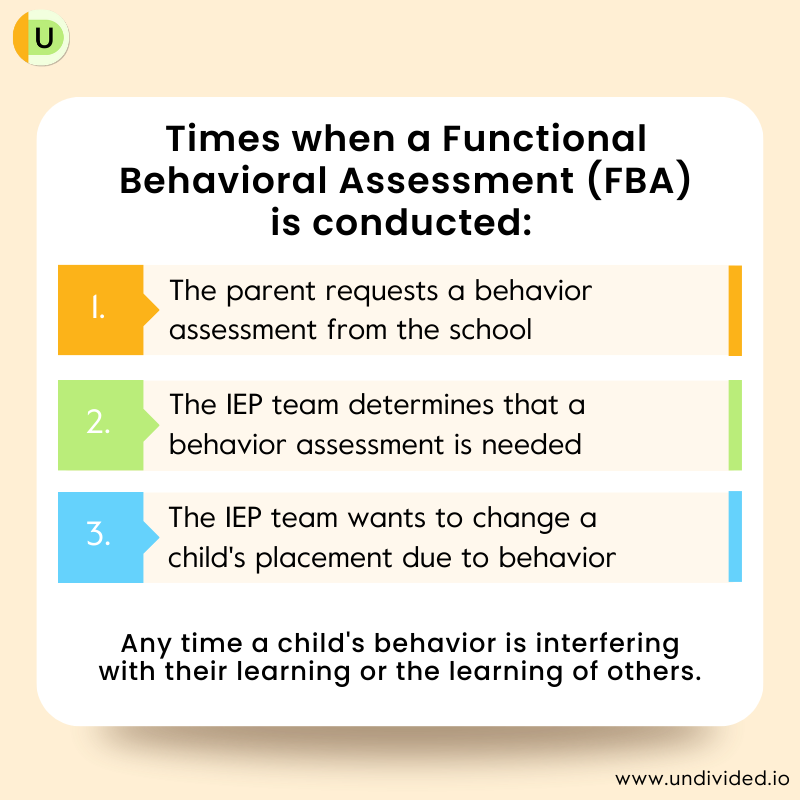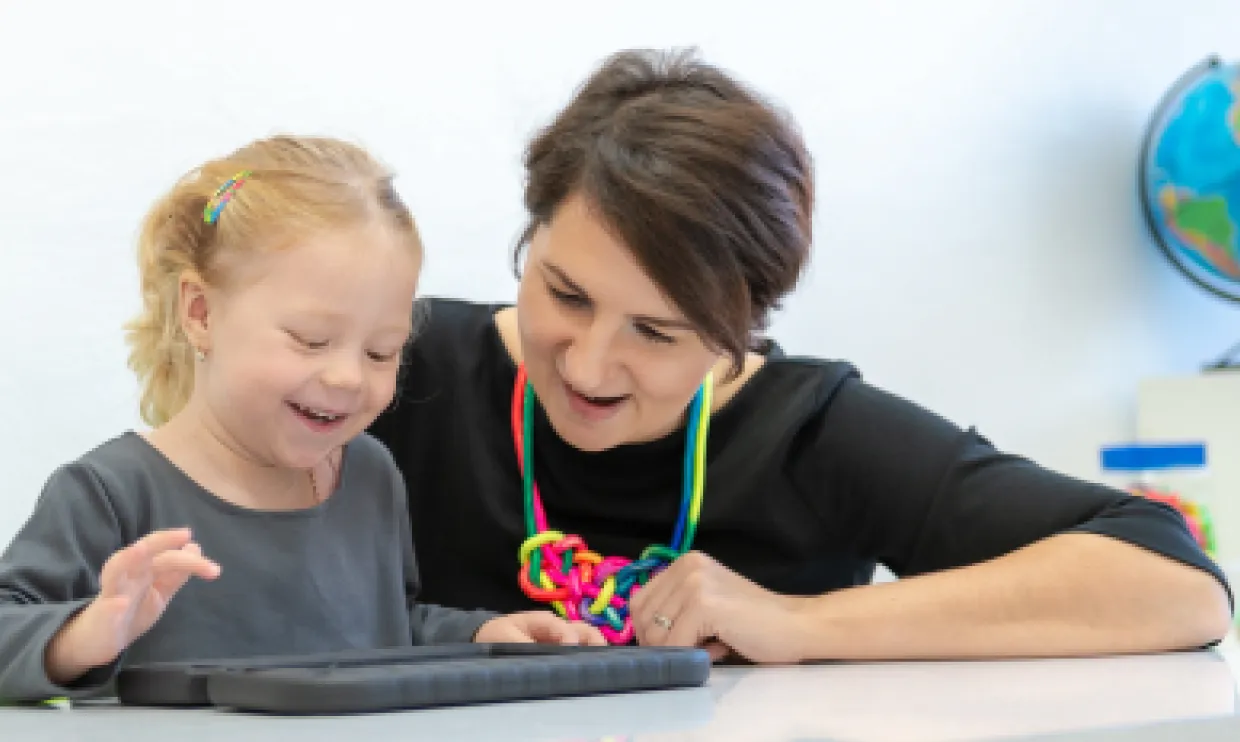At the heart of creating an effective IEP is truly understanding what makes our kids unique — strengths, goals, needs, and everything in between. But navigating assessments can feel like trying to unravel a giant spider web of information — great for Halloween decorations, but overwhelming when it’s about our kids. First, your child is assessed by someone who may not fully understand how they think and learn, and then you’re handed a 20-page report to comb through!
As overwhelming as it may feel, these assessments — whether academic; behavioral; psychological; hearing and vision; assistive technology; AAC; or physical, occupational, and speech therapy — are actually powerful tools that help IEP teams design the best possible supports that truly reflect and cater to who our kids really are. And did you know that they can (and should!) also be strengths-based and neurodiversity-affirming?
🎃 Not-so-spooky assessment tip from School Psychologist Breea Rosas: “If a family is seeking a neurodiversity-affirming assessment, I think it’s really important to keep in mind that some of your providers have been practicing the way that they’ve been practicing for a really long time. And it doesn’t mean that they’re not skilled providers, just because they aren’t doing neurodiversity-affirming assessments. But you can definitely start broaching it with your teams by talking about how your family views your child. So if you view your child through that neurodiversity-affirming lens, that’s amazing. Talk about that in an IEP.”
IEP assessments are essential for mapping out the right services, supports, and accommodations for our kiddos. How can we ensure they’re really doing what they’re supposed to? Our go-to guide on educational assessments is here to make the process a bit easier for you.

Assessments 101: Brush up on the fundamentals of assessments in our article IEP Assessments 101. Inside, you’ll find resources on the types of assessments used in the IEP process, tips for approaching them with a “neurodiversity-affirming” mindset, how to review IEP assessments, what to do when you disagree with the school’s assessment, and more. Let’s’ explore some assessments more in depth.

Functional Behavioral Assessment (FBA): There are many types of assessments, but if the challenge is behavior, it’s going to be a Functional Behavioral Assessment (FBA). If you’re wondering whether your child needs behavioral support at school, our article Functional Behavioral Assessments 101 walks you through how to request an FBA, how it should be conducted, and how you can make sure it benefits your child.

📝 How can Undivided help with your child’s assessments?
- Add this goal to your Undivided account for the step-by-step process of requesting an educational assessment for your child, and this goal to learn how to correctly review your child’s assessments.
- Use this sample letter to request an IEP assessment.
- Watch this easy explainer video that answers the question: What are IEP assessments?
Independent Educational Evaluation (IEE): If the school district conducts an IEP assessment and you believe it doesn’t truly capture your child’s strengths and needs, what can you do? Request an Independent Educational Evaluation (IEE)! As Neuropsychologist Dr. Karen Wilson tells us, “[During an IEE], we’re going in with the intention of trying to understand why this child is struggling, why the parents feel that there’s something else going on that the school missed, and then coming up with a plan for how to support that child.” Head to Independent Educational Evaluations (IEE) 101 to learn more.

Boo! 👻 Wishing you a spooktacular Halloween from the whole team at Undivided! May your night be filled with safe, accessible, and sensory-friendly fun for the entire family! Enjoy the treats and happy haunting!

RSVP now to join our FREE, live, virtual event → How Public and Private Health Plans Work Together
If you have both private insurance and Medi-Cal, it’s easier to get your child’s medical and therapeutic expenses covered — if you know how to maximize your benefits! Join us on Thursday, November 14 at 1:00 p.m. PT for a live Q&A with Lisa Concoff Kronbeck and Leslie Lobel, Undivided’s specialists in public benefits and health plans, who will share their tips on using multiple health plans together and answer audience questions! Register for the FREE event here→
Undivided Conversations: All About Assessments with Dr. Sarah Pelangka
In our upcoming Undivided Conversation on Friday, November 1 at 12:00 p.m. PT, Special Education Advocate Dr. Sarah Pelangka explains how assessments work, how they’re administered, how to read them, and what to do if you disagree with them. Tune in for stream on our Facebook page!

As one parent told Undivided: “I want to let everyone know about the amazing resource that is Undivided. I’ve been a client for over two years now and they have helped me immensely with IEPs, doctor’s appointments, Regional, Center, parent support, etc. Please consider checking them out as we all need a bit of help during these trying times.”

- What is an Independent Education Evaluation? Check out this easy explainer video on our YouTube channel→
- Is your child receiving a neurodiverse-affirming assessment? Hear what to look for in this Instagram reel→
- Parents in our private Facebook group have been sharing all kinds of helpful webinars and virtual events. See if one is applicable to your family! Join the conversation in our Facebook group for parents→
- Understanding IEP assessments is rarely straightforward, especially to parents who are new to the process. Help more families have empowered conversations by sharing our resources! Share on LinkedIn→





























